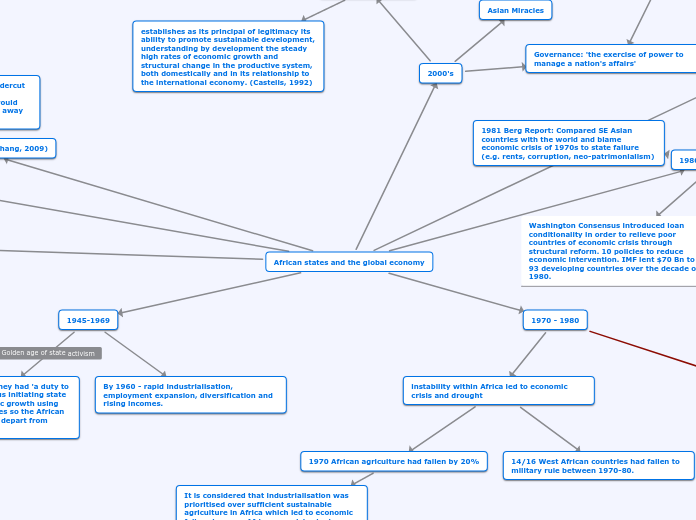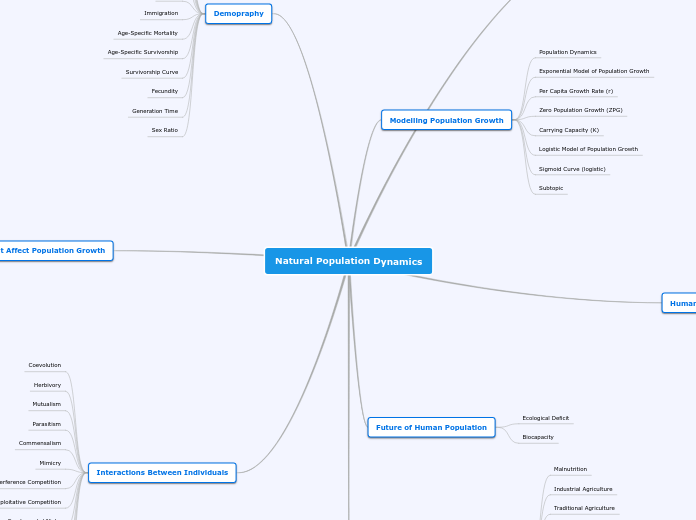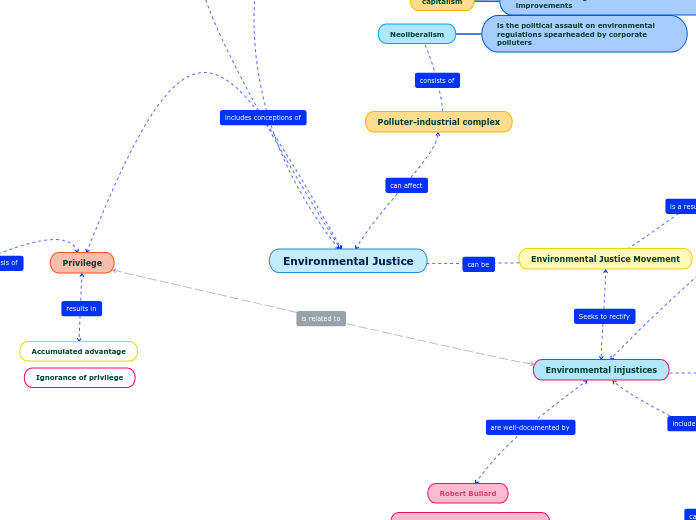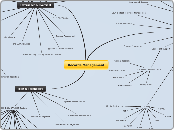Comparing to Asian success stories and understanding why it wouldn't work:
African states and the global economy
Future:
It has been stated that debt removal is the best most viable option for relieving African countries off the deprivation cycle and caged nature of development.
Democratic Developmental States
Botswana
Mauritus
GPD
In order to make up for the neglectfulness of previous state analysis Nugent (2010) invites existing social and political structures to undergo analysis at all levels. e.g. neopatrimonialism's role in exacerbating inequality.
By recognising the centrality of sovereignty in 4 ways:
delivering services to citizens, redistributing and mobilising resources domestically (taxes), focus on agriculture, rebuilding institutions
Long Duree Approach
Comparative Case Studeis
Impossibility Thesises
poor record of past performance
changing environment prevent industrial policies
Lack of technical capability
Softness of African states who are prone to capture by dominant actors or pressure groups
Lack of ideology - where the African elite highjacked the development project for their own interest, reducing funds for the poor and building suitable recognition.
Dependence - Rostow's model of modernising. The linear model with exact stages which the West followed to development. But, leftist views considered this model not possible as they existed on the periphery so forces would be
Kenyatta's Big Man - in Kenya. Clientalism etc.
Bringing the social and political back into the economy is important because political and social aspects are neglected in the quantitative measures which are normally used e.g. GDP.
strongly influential social and political forces today include:
the politics of power
care and social provisioning
Urbanisation
migration and transnational connections
Technologies and communication
'the monetary value of all final goods and services produced in a country, in a given period'
Typical measure of development as economic growth is considered to represent welfare, however this is NOT ALWAYS THE CASE.
Kicking away the Ladder (Chang, 2009)
The cycle of virtuous growth was undercut by African state's failure to invest in industries and technologies which would diversify and develop their economy away from primary sector exports.
2000's
Developmental State
Evans (1995) questions the simplification of economic failure being a result of state intervention, but crucially also questions the ability of market forces to lead a state to development. His inquires lead to the developmental state, one where the state has a lesser but important role in economic growth for development to occur.
Governing is essentially political
The crisis of governance in Africa. Africa needs good governance (by whom? political?)
As neoliberalism is not key for the Developmental state or embedded economy (capacity + autonomy), there is space for deciding and implementing economic policy which is political.
The Developmental State has the ability to deploy authority, credibility and legitimacy in a binding manner to design and implement policies for economic growth, transformation and increasing human capability.
establishes as its principal of legitimacy its ability to promote sustainable development, understanding by development the steady high rates of economic growth and structural change in the productive system, both domestically and in its relationship to the international economy. (Castells, 1992)
Governance: 'the exercise of power to manage a nation's affairs'
Asian Miracles
Taiwan, Japan, South Korea = authoritarianism
1980's Neoliberalism
Shift also meant: the theoretical armour for the welfare sate disintegrated and affropessimism emerges. Globalistaion meant the market and state relationship needed revisiting.
Washington Consensus introduced loan conditionality in order to relieve poor countries of economic crisis through structural reform. 10 policies to reduce economic intervention. IMF lent $70 Bn to 93 developing countries over the decade of 1980.
1981 Berg Report: Compared SE Asian countries with the world and blame economic crisis of 1970s to state failure (e.g. rents, corruption, neo-patrimonialism)
1970 - 1980
Explanation
Right: wanted to blame internal factors as the causes for this, e.g. climate change, resource curse, bad governance, cultural ethnicity and institutions
Left: (Socialists) considered external factors should be blamed for the poor economic growth. For example, colonialism etc.
instability within Africa led to economic crisis and drought
14/16 West African countries had fallen to military rule between 1970-80.
1970 African agriculture had fallen by 20%
It is considered that industrialisation was prioritised over sufficient sustainable agriculture in Africa which led to economic failure because African countries had no back bone to reach for in times of slow economic growth. African crops are also undesirable exports creating an additional challenge for stimulating economic growth through agriculture.
1945-1969
By 1960 - rapid industrialisation, employment expansion, diversification and rising incomes.
Developed countries felt they had 'a duty to assist' the developing. Thus initiating state development and economic growth using Keynes and Pignott theories so the African economic trajectory could depart from "doom and gloom".









